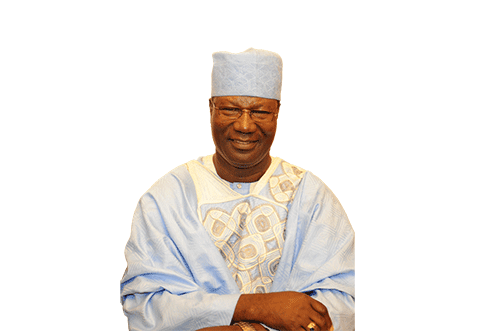Dr Moses Amweelo
The effects of human-made climate change are a major issue for scientists, researchers and policy-makers alike. While there exists a rather broad consensus that climate change is indeed happening, significant controversy over the extent of the consequences of climate change and adequate policy responses persists.
At the University of Zurich’s Centre for Ethics a group of researchers analyses the ethical implications of climate change, with a particular focus on the issue of global and intergenerational justice. This research aims at providing a moral compass for policy-makers in the rather exceptional circumstances of climate change and massive environmental degradation, in which the benefits for present generations seem to stand in conflict with the rights of future generations.
Since the publication of the first Intergovernmental Panel on Climate Change (IPCC) report in 1990, climate change and its socio-economic effects have become a major focus for policymakers. However, climate change and its consequences are extremely complex processes which raise a host of questions.
From an ethical perspective, some of the most pressing questions concern the balance of mitigation versus adaptation efforts, as well as the ascription of responsibility for past and current greenhouse gas emissions. Concerning intergenerational justice, that is the idea that present generations have certain duties towards future generations, climate change raises particularly pressing issues, such as which risks those living today are allowed to impose on future generations, and how available natural resources can be used without threatening the sustainable functioning of the planet’s ecosystems.
Moreover, when one talks about the rights of future generations this inevitably seems to raise the issue of how to balance the rights claims of those alive today against the rights claims of future generations. The response to climate change will profoundly affect the quality of life of future generations of children, yet this intergenerational aspect has yet to be placed at the heart of climate change discussions.
A child rights approach to climate change would take the concerns of intergenerational justice into account and radically transform the policies and commitments of those in power. Such an approach urgently needs to be implemented by governments and civil society actors shaping the response to climate change.
Children in developing countries are already bearing the brunt of the burden of climate change, and this burden will only increase over time. In some dimensions of climate change, injustice is well acknowledged: those least responsible for creating the problem are the most affected and have the fewest resources to cope with the impacts.
But the issue of justice between generations is less well understood. The principle of the best interests of the child is widely accepted, and certainly, few would condone harming children, yet these convictions are not reflected in policies responding to climate change.
Disregarding the well-being of today’s and tomorrow’s children comes into stark relief in the context of climate change: how much do we invest in or borrow from our children’s future? The principle of intergenerational justice argues that there should be distributive justice between generations and that the rights of generations should be considered equal over time.
The principle was first proposed in the context of mainstream climate change policy by Sir Nicholas Stern, who argued for a cost-benefit analysis in public policy that gave as much value to the future as current generations.
The Intergovernmental Panel on Climate Change has shown the grave consequences to future generations of continuing on a high-emission development pathway. Today’s adult decision-makers are deciding the future that subsequent generations will inherit – the consequences of the climate change response framework that they negotiate will last beyond their lifetime. Notions of ‘climate justice’ have been rightly central to international negotiations and policy proposals but have so far not included justice between generations, in particular children.
Climate justice tends to refer to justice between those most responsible (industrialised, wealthy nations) and those least responsible and most vulnerable (poorer, less developed nations). The failure to integrate intergenerational and child rights will make climate justice harder to deliver. While political leaders often recognise the importance of intergenerational justice in speeches, it is not reflected in policies or proposals at the international, national, or local levels. The focus remains on the immediate cost of emissions reduction compared to the benefits of continuing ‘business as usual’.
Ethical research on climate change and intergenerational justice attempts to answer some of the most pressing questions we face today, such as how we should manage the planet’s natural resources to give our children, our grandchildren and future generations a planet worth living on. However, since climate change and our natural environment are complex phenomena, there are no simple one-size-fits-all solutions.
By acknowledging the complexity of the issue and critically assessing the morals of risk imposition, analysing the ethical hazards of climate engineering and providing normative guidelines for sustainable resource management, research in climate ethics offers practice-oriented advice for policy-makers.
Tackling climate change presents a tremendous opportunity to implement the rights of the child by committing the world to a low-carbon pathway. By failing to reflect this within a very short political time frame, the lives of children now and in the decades to come will be put at risk and international and national decision-makers will be missing an important opportunity to ensure a healthier, more equitable and sustainable future.
*Dr Moses Amweelo is a former minister of works. He earned a doctorate in Technical Science, Industrial Engineering and Management from the International Transport Academy (St Petersburg, Russia).


